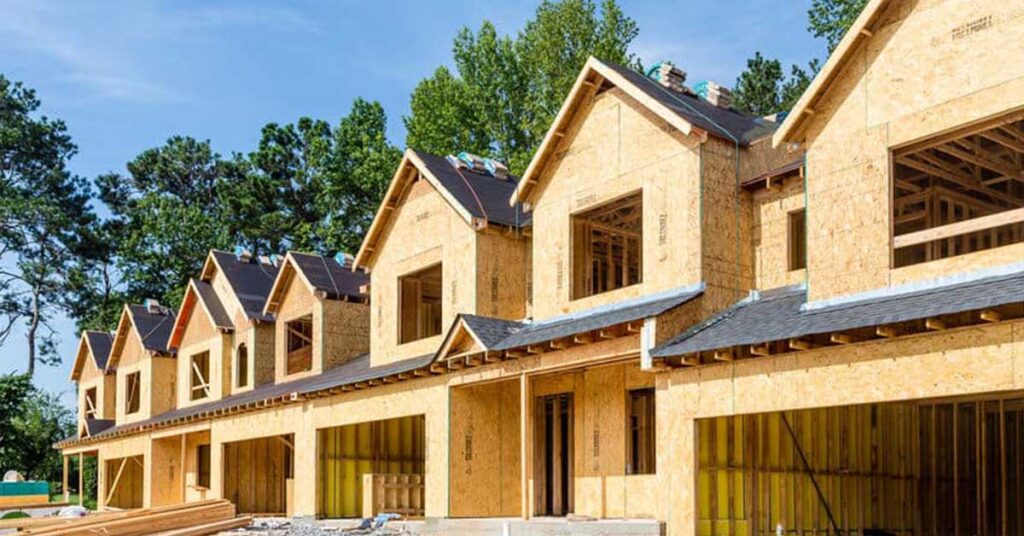Are you considering a roof repair or replacement project? Before you climb up that ladder or call the roofing contractor, there’s an essential step you might be tempted to skip: getting a permit. While it might seem like an unnecessary hassle, failing to obtain the proper permits for your roofing project can lead to a range of consequences. In this blog post, we’ll explore what happens if you do a roof without a permit. Let’s get started.
What are Building Permits?
A building permit is an official approval issued by your local government or building authority that ensures your project complies with safety codes, zoning regulations, and other legal requirements. For roofing projects, permits are typically required to ensure that the work is done safely and meets building code standards.
What Happens If You Do a Roof Without a Permit?
If you’re considering doing a roof without a permit, it’s essential to understand the potential consequences. Here’s a closer look at what could happen if you decide to skip this crucial step:
1. Legal Consequences
Perhaps the most significant risk of doing a roof without a permit is facing legal consequences. Building codes and regulations exist to ensure that construction projects are completed safely and up to standard.
Without a permit, you’re violating these regulations, which could result in fines, penalties, or even legal action from your local government.
2. Safety Risks
Beyond the legal implications, skipping permits for your roofing project can also pose serious safety risks. Permits are required to ensure that the work is done safely and meets building code standards.
Without oversight, there’s no guarantee that your roof is being installed correctly, which could lead to structural problems, leaks, or even collapse, putting your property and the safety of occupants at risk.
3. Insurance Issues
Another consequence of doing a roof without a permit is potential insurance issues. Homeowners insurance policies typically require that any renovations or improvements to your property be done with the appropriate permits.
If you proceed without permits and something goes wrong, your insurance company may refuse to cover the damages, leaving you financially responsible for costly repairs or replacements out of pocket.
4. Resale Complications
Even if you don’t plan to sell your home anytime soon, failing to get permits for your roofing project can create complications down the road. When it comes time to sell, prospective buyers may request documentation to verify that all improvements to the property were done legally and up to code.
If you can’t provide proof of permits for your roof, it could make it more difficult to sell your home or even lower its value.
5. Potential Repercussions
In addition to the immediate consequences of skipping permits, there could be long-term repercussions for your property. If unpermitted work is discovered during a home inspection or appraisal, it could delay the sale process or even cause the deal to fall through. Furthermore, if you ever decide to refinance or take out a home equity loan, lenders may be hesitant to provide financing for a property with unpermitted improvements.
Read More: Does a Black Roof Make Your House Hotter?
Conclusion
Doing a roof without a permit might seem like a shortcut to save time and money, but the risks far outweigh any potential benefits. From legal consequences and safety concerns to insurance issues and resale complications, the pitfalls of skipping permits can have serious and costly repercussions.
Before you start your roofing project, take the time to research the permit requirements in your area and ensure that you comply with all necessary regulations. It may require a bit more effort upfront, but obtaining the proper permits will provide peace of mind and protect your investment in the long run.


